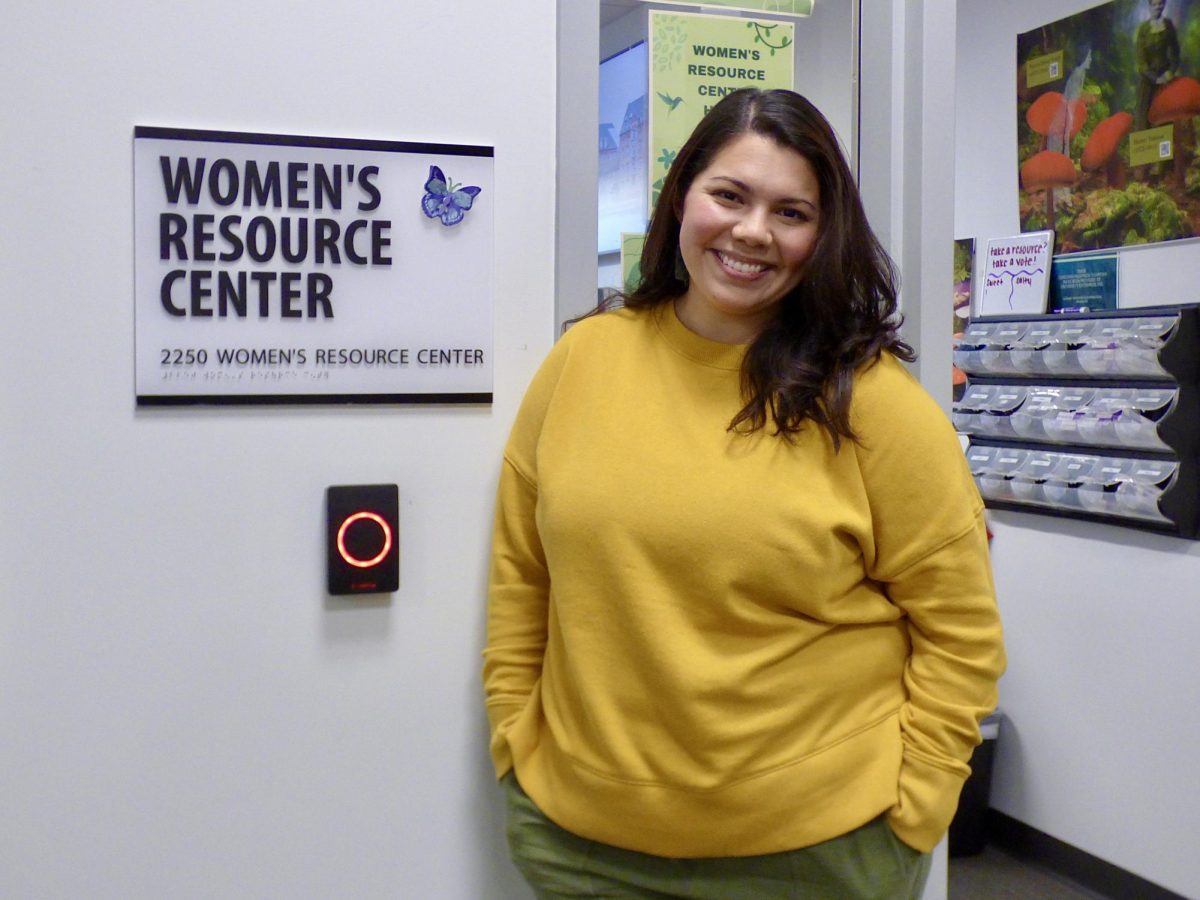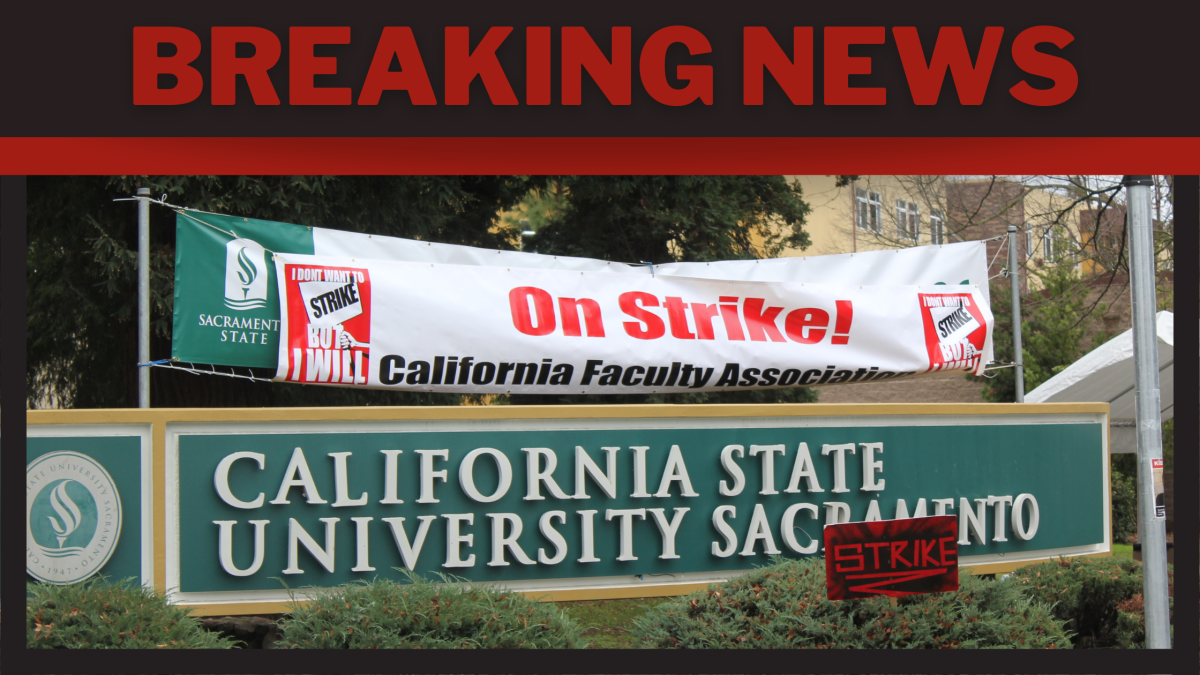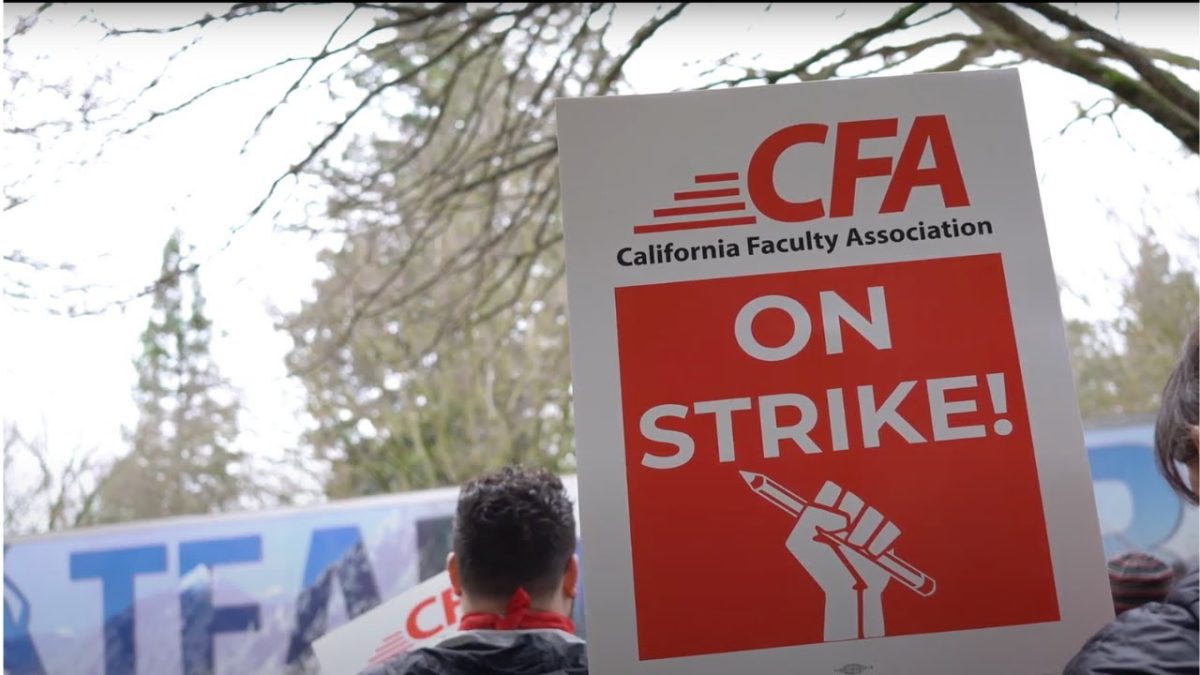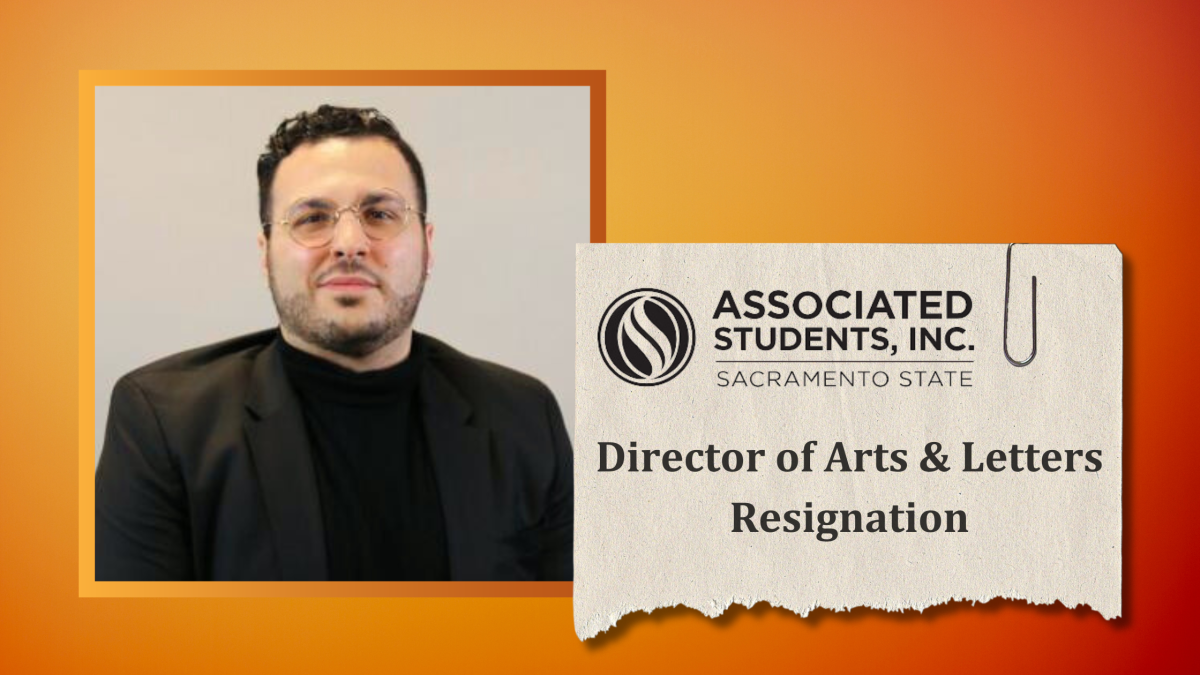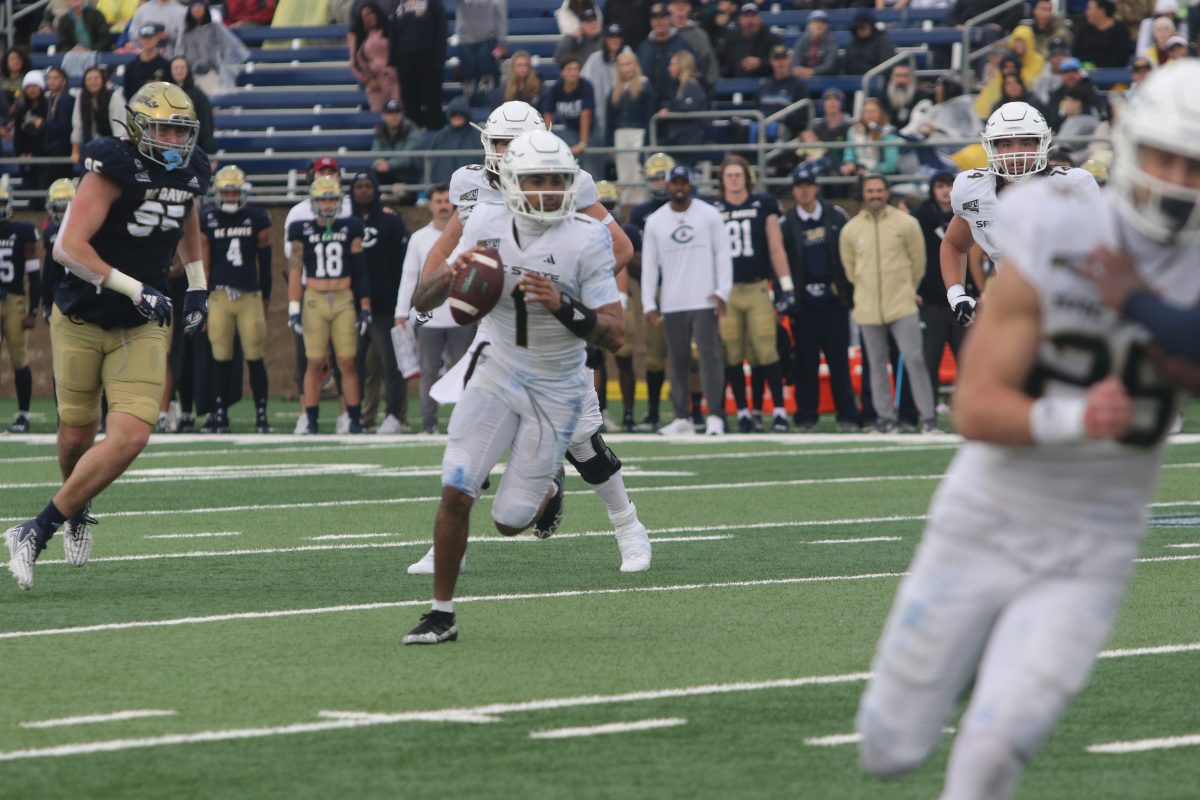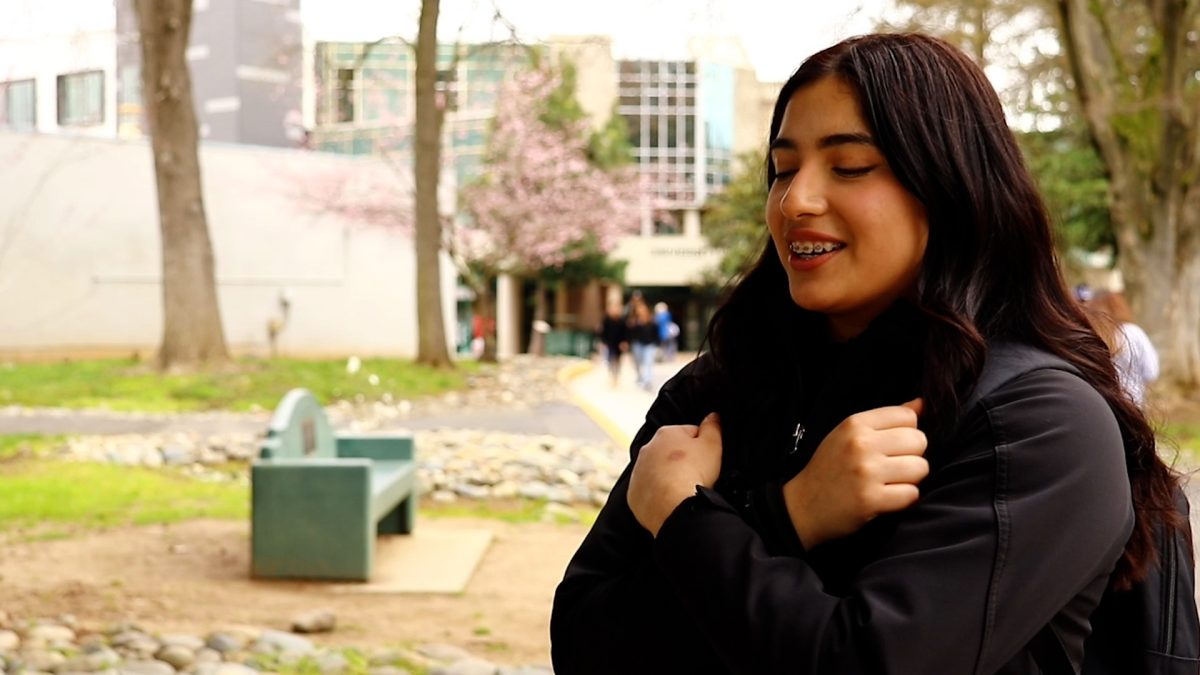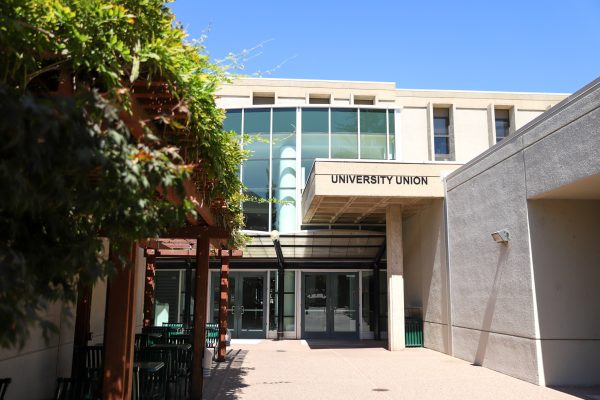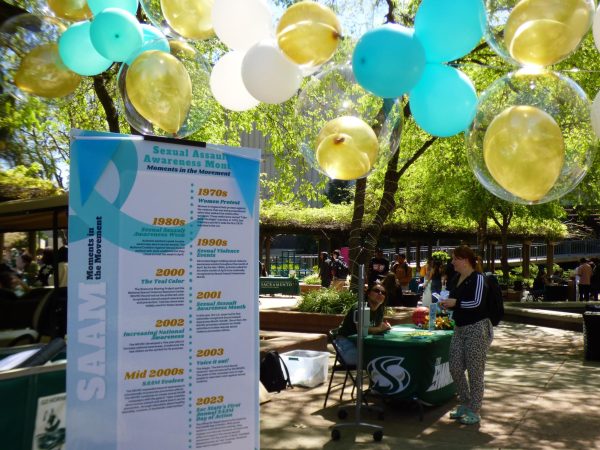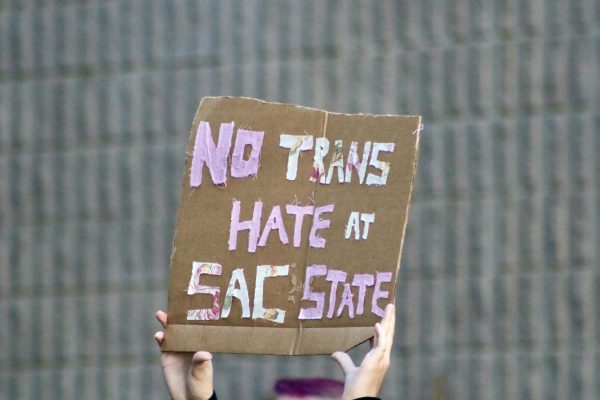Faculty Senate delays discussion on new change of major policy
February 5, 2014
Sacramento State’s Faculty Senate delayed discussion last week on a resolution to change to the timely declaration of major policy.
It will await further input from new provost Frederika Harmsen and senate committees before establishing President Alexander Gonzalez’s request for a new fifth semester threshold.
The original resolution, passed last spring by the senate, established a 60-unit threshold for the declaration of majors and required additional review petitions for students to change majors after 100 units, but it was returned to the senate by Gonzalez in August, with a request for further discussion.
“The current policy of declaring a major after 60 units is an artifact from the days when universities assumed that students were attending full time and taking a 15-unit load,” Gonzalez said in a memo to Senate Chair Janet Hecsh. “That translated into the idea that by the end of the second year in college, one should be able to choose a major.”
In his memo, Gonzalez said data collected by the Office of Institutional Research suggested there was a significant drop in the percentage of students who completed their degrees in six years if they waited longer than four semesters to declare their major.
The Curriculum Policies Committee and the Academic Policies Committee are overseeing analysis of the data regarding the major policy recommendation and Gonzalez’s input.
“Both the APC and the CPC want to update our data to reflect the most recent information before we bring it to discuss with the senate,” said CPC Chair Stephanie Biagetti. “But considering the new data, we found the president’s ideas to be reasonable.”
According to the Office of Institutional Research, 12.4 units was the average course load taken by undergraduate students in fall 2013, which is approximately 48 units after four semesters.
“I can understand the university wanting us to declare sooner to progress our education,” said junior journalism major Virginia McCormick. “But pressuring students to declare without a whole lot of insight into what they want to do just seems like more trouble.”
In a fall 2013 survey conducted by the Office of Institutional Research, 71 percent of students found that major prerequisite courses are unavailable or full and 81 percent of their major required courses are not offered.
“Students by their fourth semester often have only taken minimal upper division courses, which isn’t enough to make an informed decision on a major,” said APC Chair Todd Migliaccio. “It’s not a time frame based decision. It’s a knowledge based decision for students to make when they are ready.”
The CPC and the APC disagree as to whether or not the proposed 60-unit policy should be amended to four semesters. The CPC said the policy would help students obtain their degrees more quickly by declaring earlier, whereas the APC said four semesters is too little time for students to make an informed decision.
“There are groups of students who come in knowing what major they want thanks to resources they had beforehand, but a large percentage of students don’t have those resources and take longer to declare,” Migliaccio said. “We want to make students aware of the advising tools available to them.”
The CPC also hopes the policy will spur students to actively seek out major advising.
“In many ways this change would make students want to seek advising earlier and more often, with course suggestions based on the interest of the student, which would then lead them to declare a major,” Biagetti said. “The advising would be much more efficient.”
The recommendation will most likely return to the senate floor in April, after the completion of committee discussions and a pilot study.
“It’s a very long and drawn out democratic process, but it will be an interesting conversation,” Biagetti said. “The president does not often come back with specific suggestions.”






